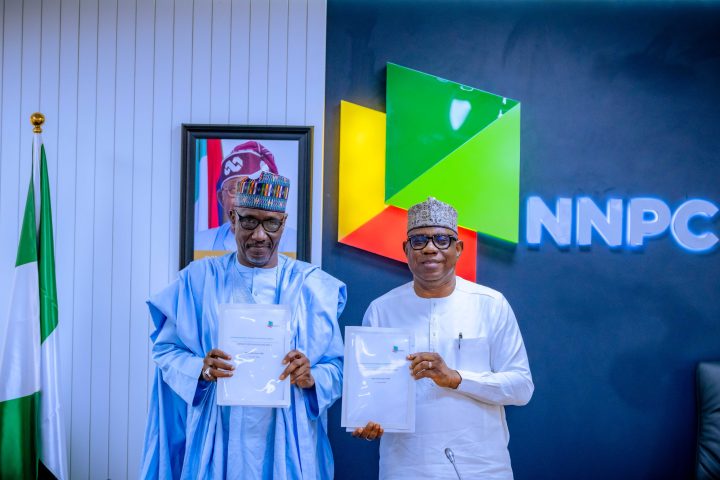About 700,000 manufacturers and micro, small, and medium enterprises (MSMEs) in Nigeria are eagerly waiting to benefit from the Federal Government’s N150bn loan scheme, designed to support businesses struggling with the current economic challenges.
The Minister of Industry, Trade and Investment, Doris Aniete, disclosed this during an interview, highlighting government’s commitment to alleviating the financial strain on Nigerian businesses.
Join our WhatsApp ChannelFG’s N150bn Loan: A Lifeline for Businesses
The Federal Government introduced the N150bn loan as part of the Presidential Palliatives Programme, specifically targeting MSMEs and the manufacturing sector.
The fund, which allocates N75bn to MSMEs and another N75bn to manufacturers, aims to help these businesses withstand the adverse effects of recent economic policies.
Terfa Gyado, the Special Adviser on Strategic Communications to the Minister, explained, “The disbursement is yet to start, but they are finalising the first batch. To date, about 700,000 applicants have applied.”
Disbursement Plans and Criteria
The Ministry of Industry, Trade, and Investment is working on a phased disbursement strategy to ensure that the N150bn loan reaches the most deserving businesses promptly.
Gyado assured that the first batch of disbursements would begin shortly, as the government is aware of the urgency required.
To qualify for the MSME loans, applicants must have an operational business for at least a year or a registered start-up.
READ ALSO: Nigeria To Repay $30bn For $2.5bn IMF Loan – See Why And How
They are required to submit the Corporate Affairs Commission (CAC) business registration documents, provide their company’s bank statement, and meet the specified monthly turnover.
“Applicants must also provide a personal guarantee, agree to the BVN covenant, and comply with other securities required by the bank,” Gyado added.
N150bn Loan: Supporting Manufacturers
For manufacturers seeking loans of up to N1bn, the requirements differ slightly.
They must choose between working capital or asset financing, maintain at least a six-month business banking relationship, and provide additional documentation as required by the bank.
According to the minister, “Asset financing comes with a five-year repayment period, and working capital financing includes a six-month moratorium on principal and interest, followed by a 12-month equal installment repayment plan.”
Previous Success: The Presidential Conditional Grant Scheme
The introduction of the N150bn loan follows the success of the Presidential Conditional Grant Scheme, which has already benefitted 630,797 citizens.
Launched in December 2023, this scheme is a component of the broader Presidential Palliatives Programme designed to help businesses navigate the tough economic environment.
Government’s Commitment to Business Resilience
The Federal Government’s initiative to provide N150bn in loans underscores its commitment to supporting Nigerian businesses through turbulent economic times.
As the Minister of Industry, Trade and Investment remarked, “The government is well aware of the current business climate and created this fund to help Nigerian businesses navigate the harsh economic conditions.”
This loan scheme is expected to provide much-needed relief to hundreds of thousands of businesses across the country, helping them not only to survive but also to thrive in the challenging economic environment.
Emmanuel Ochayi is a journalist. He is a graduate of the University of Lagos, School of first choice and the nations pride. Emmanuel is keen on exploring writing angles in different areas, including Business, climate change, politics, Education, and others.



















Follow Us